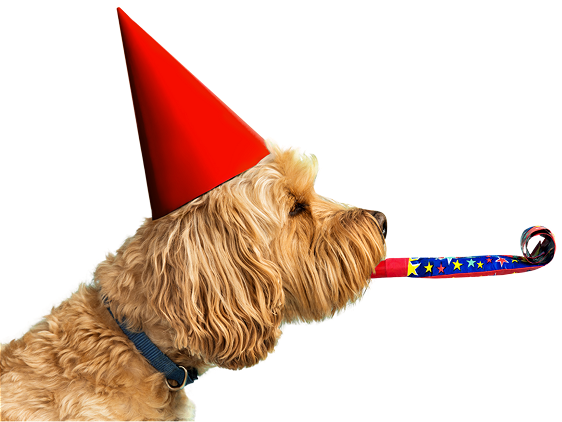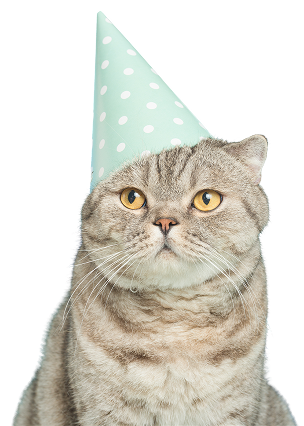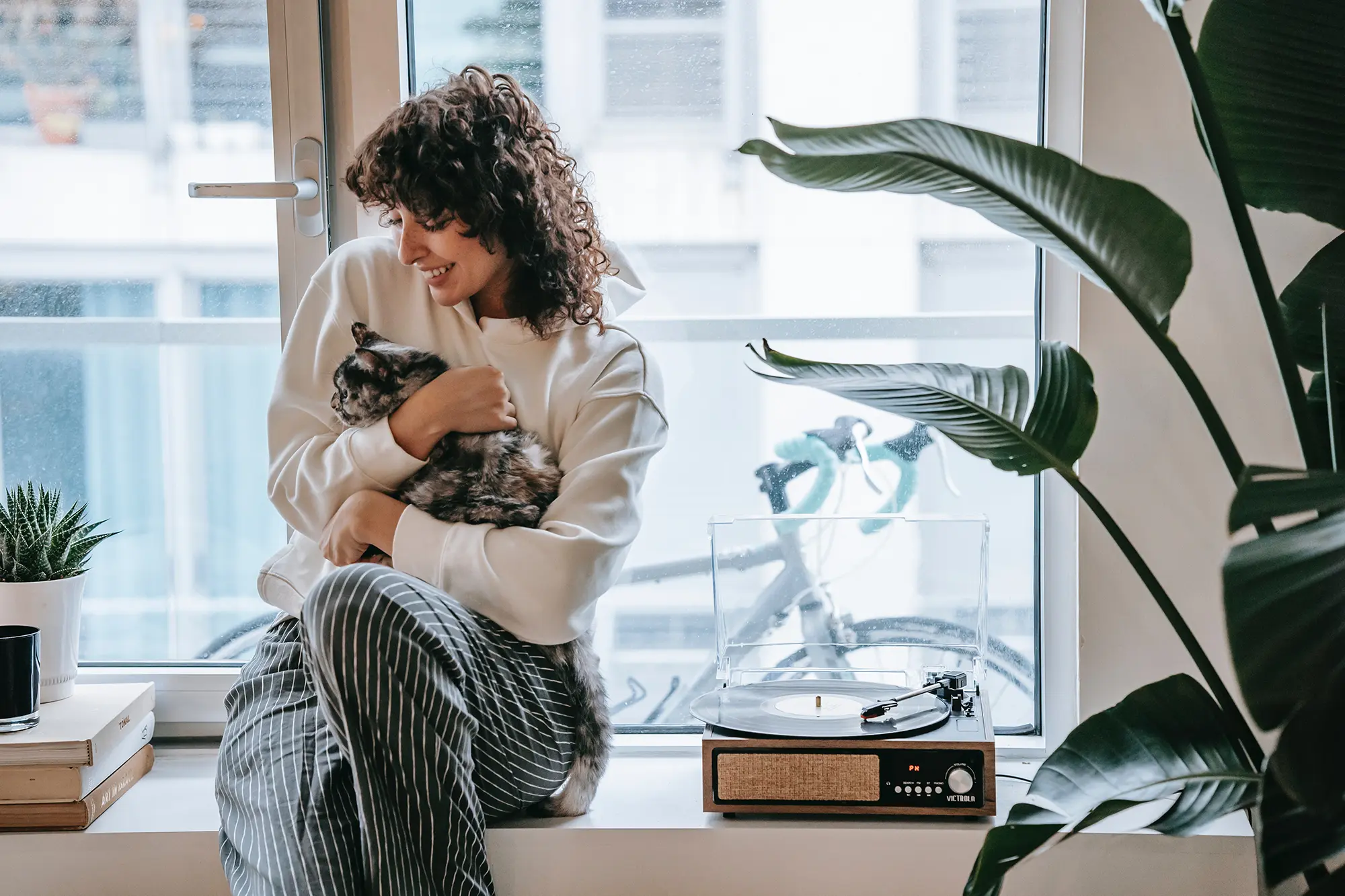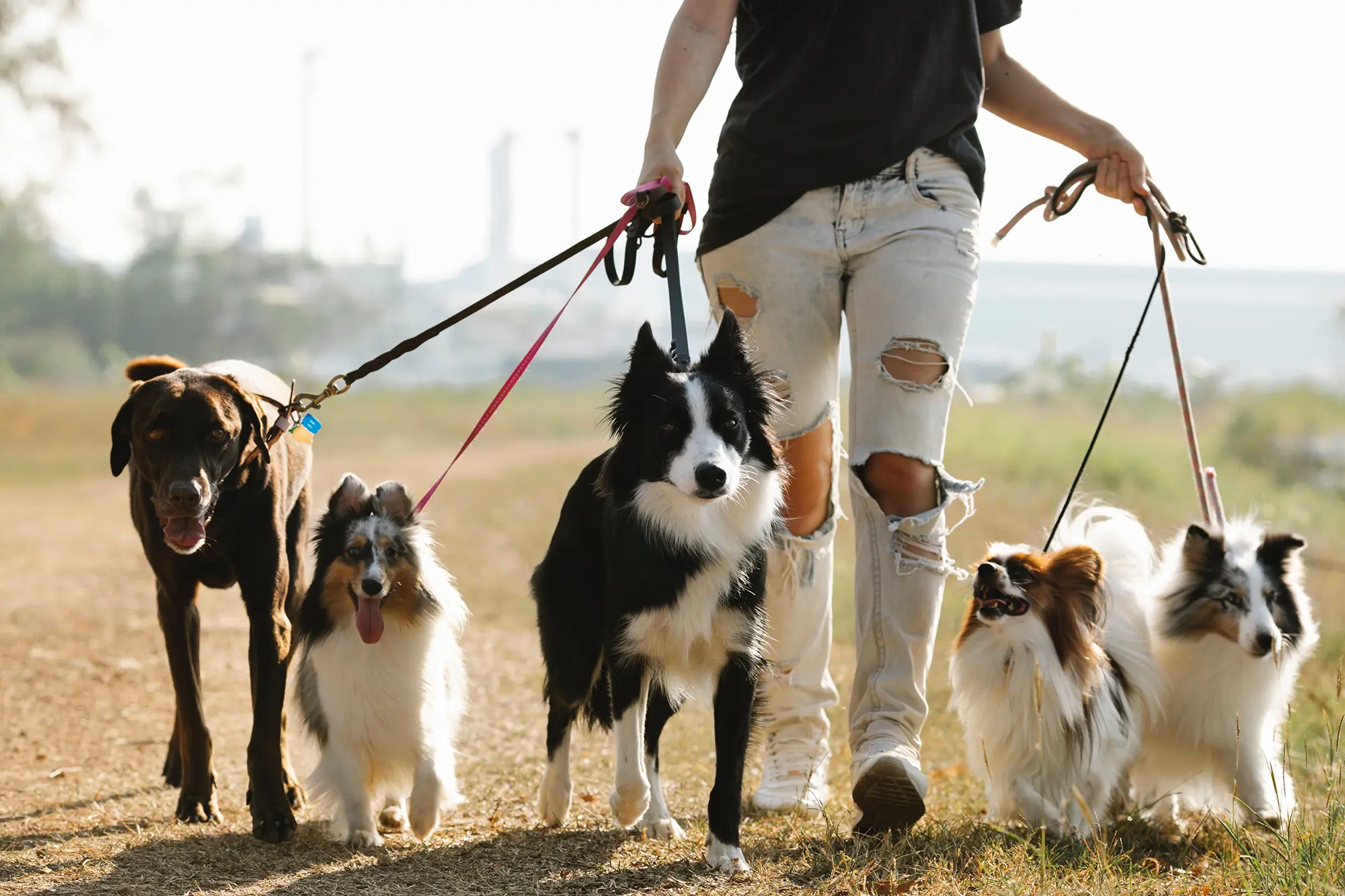why do cats purr?
Author: PawPots Team
 25 Jun 2025
25 Jun 2025
 3 min
3 min Most cat parents love hearing that gentle, vibrating sound when their cat curls up next to them. But why do cats purr? Is it just a sign of happiness—or is there more to it?
Let’s explore the fascinating world of purring and what it really means for your furry friend.
It’s Not Just About Happiness
Many people believe cats only purr when they’re happy. While that’s often true—like when they’re being cuddled or lying in a sunny spot—purring has several meanings.
Cats can also purr:
When they’re anxious
When they’re in pain
During labor
While recovering from injury
So while it often signals contentment, purring can also be a cat’s way of self-soothing.
How Do Cats Purr?
Cats purr by rapidly contracting and relaxing the muscles in their larynx (voice box). This causes a vibration in the vocal cords while they breathe in and out, producing the familiar rumbling sound.
It’s a unique ability—very few animals can do it like cats.
🐾 Reasons Cats Purr
Here are the most common reasons your cat might be purring:
1. Comfort and Contentment
The most familiar reason. Cats purr when they’re relaxed, secure, and happy—like during petting, feeding, or while resting on your lap.
2. Stress or Pain Relief
Cats may purr when they’re nervous, frightened, or in pain. It acts as a coping mechanism to calm themselves—almost like deep breathing for humans.
3. Communication Between Mom and Kittens
Newborn kittens purr when nursing, and mother cats purr back to reassure them. Since kittens are born blind and deaf, purring helps them stay close and connected.
4. Healing and Recovery
Some studies show that the frequency of purring (around 25–150 Hz) may promote healing of bones and tissues, reduce pain, and boost recovery. It’s like your cat’s built-in therapy system.
5. “I’m Hungry” Purr
Cats have a special type of purr mixed with a high-pitched meow when they want food. This solicitation purr is their way of saying, “Feed me, please!”
What Should You Do When Your Cat Purrs?
Pay attention to context. If your cat is curled up next to you, their purring likely means they're content. But if they’re purring while hiding or after an injury, it might be a sign of discomfort.
Always watch their body language:
Relaxed = Happy purr
Tense or restless = Self-soothing or pain
If you’re unsure, a vet visit can help rule out any health concerns.
Final Thoughts
Purring is one of the most beautiful ways cats communicate with us. It can mean happiness, stress, healing, or hunger—each purr has its purpose.
By understanding when and why cats purr, you can build a stronger bond with your feline friend and better support their emotional and physical well-being.
So next time you hear that soothing sound, take a moment. Your cat might be telling you more than you think.

Give Back The Love
Show your love to your pets with our high-quality, delicious and healthy meals! Show your love to your pets with our high-
quality, delicious and
healthy meals!






